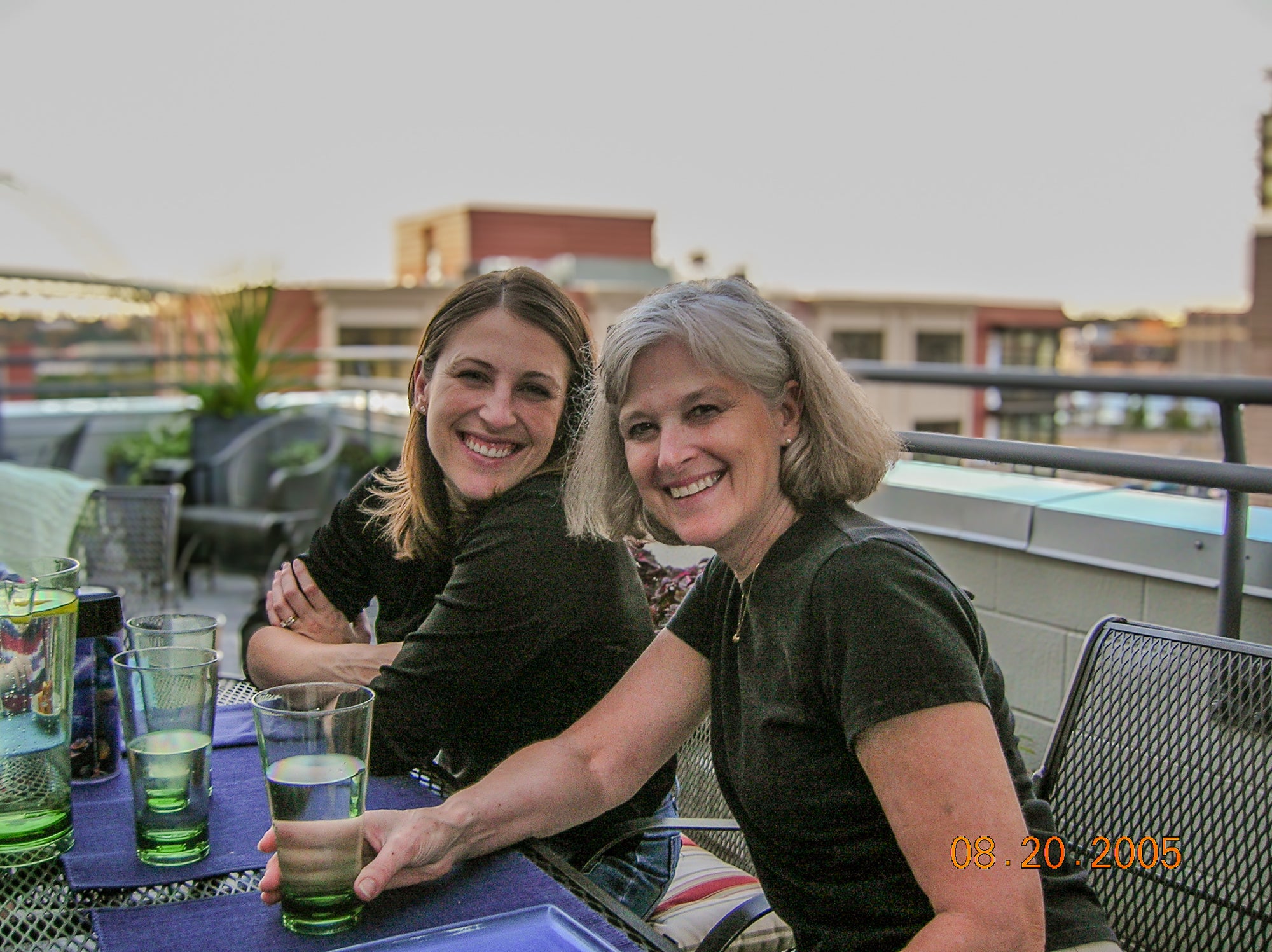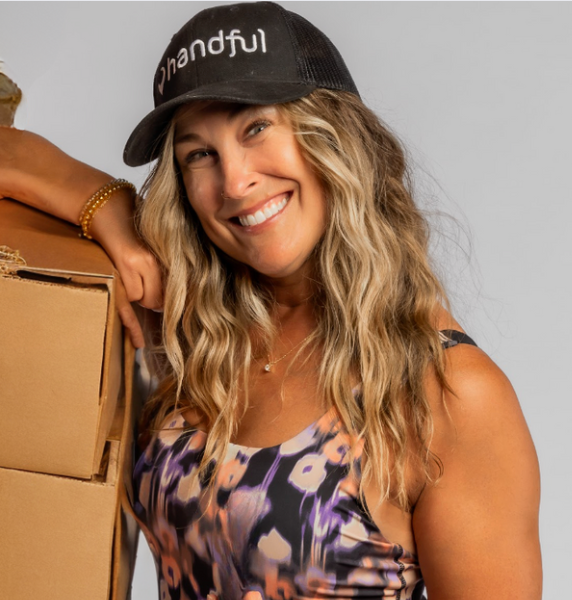In my last post, I introduced you to the idea of increasing our knowledge of social justice work in the wellness space to begin the self-work to love our fellow humans empathetically. Now, let's look to define Diversity, Equity, and Inclusion in terms that relate to us as humans living amongst humans who want to all live healthily and happily.
Diversity: Embracing a variety of folks.
Who is in your circle of support or influence? No, really. Let’s list them out. Here’s where we dive in – face first. The only real way to gain knowledge is through experience, Albert Einstein said. So, we must share our experiences with those most different from us to truly embrace diversity. Diversity means that there are all varietals of humans represented within a given space. This can be in a workplace, community, friend circle – any circle of people. Listing out your community doesn’t mean that you’re not a diverse person per se; it merely shows you where your holes are and where you may need some more variety in folks that influence you. Your thoughts, opinions, and actions are controlled only by YOU; they’re also influenced by those closest to you.
Equity: Leveling the playing field.
So, if racism is real and we aren’t as diverse of a world as we hope we’d be, it’s only logical that the playing field isn’t even. Not in the least bit. Remember, black and brown folks have been repressed since the dawn of our country’s creation. We have to, as a society, look at that and realize just how impactful that uneven balance in humility has played out in workplaces and communities. If black and brown humans aren’t able to access a fitness space, for example, is there any wonder why there may be higher health risks and issues in any given community where they live?
As a personal trainer and wellness coach, I’ve had to learn to understand that I can’t drive my business solely based on making a buck. We all need to make a living, yes, but we can all do the right thing and look to serve folks around us as best we can. Adjusting pricing to allow flexibility and reaching into communities that we may not otherwise serve are two ways to do just that. Donation-only classes, donation-optionable workshops, scholarships to have members help other humans access wellness are unique new ways I’ve seen fellow humans step up and look to seek more equitable solutions in their work.
Inclusion: Ensuring a sense of belonging.
As humans, we just desire to be loved and to belong. When we don’t, we spur to anger from misunderstanding. I come from the experience of NOT belonging to most of my life. Remember when I said that my mother is Chinese, and my father is Black? I grew up in a community where I was “the only” besides my sibling. We didn’t know we were “different” until everyone around us made us feel that way. We were ostracized for not being just like everyone else, when [essentially] we naturally belonged if it were not for our racist and classist society.
Conquering our internal biases allows us to get away from societal and social “norms” that have been driven into our heads to classify fellow humans. Differences are to make us each unique and beautiful and to give us ways to learn about one another; they’re to divide us or make us judge one another based on them.
How can we create environments that foster belonging? We can make sure all individuals are welcome, no matter their shape, shade, and size. We can make fitness and wellness spaces less about performative goals and milestones and more about unification and community wholeness. We can lookout for one another and take time to empathize with others around us genuinely.
The moral of the story:
I’ll let Maya Angelou have credit for this part of this piece -
"Do the best you can until you know better.
Then when you know better, do better.”
Maya Angelou
… yes, it’s that easy.


